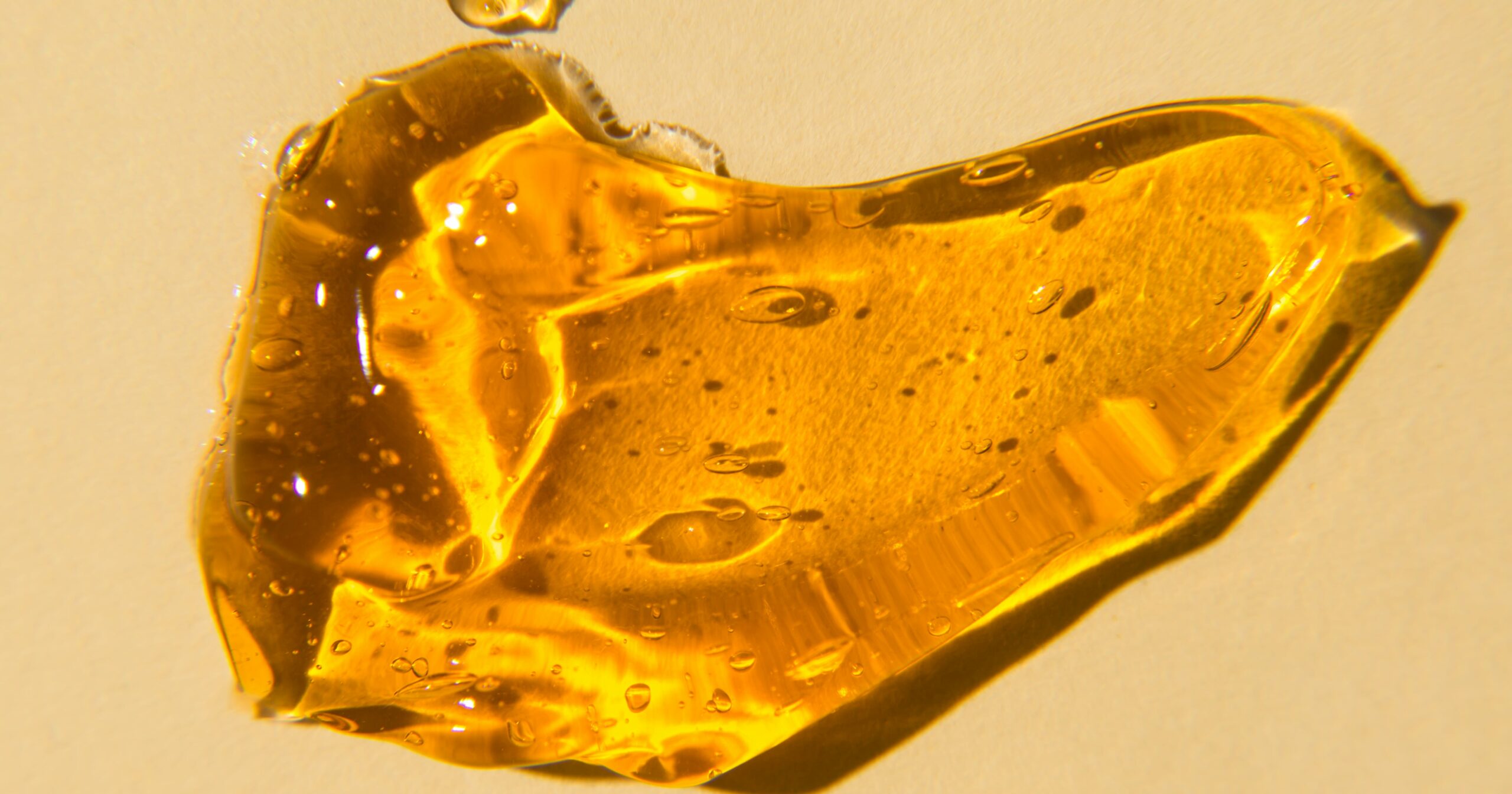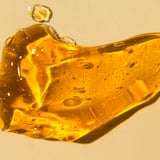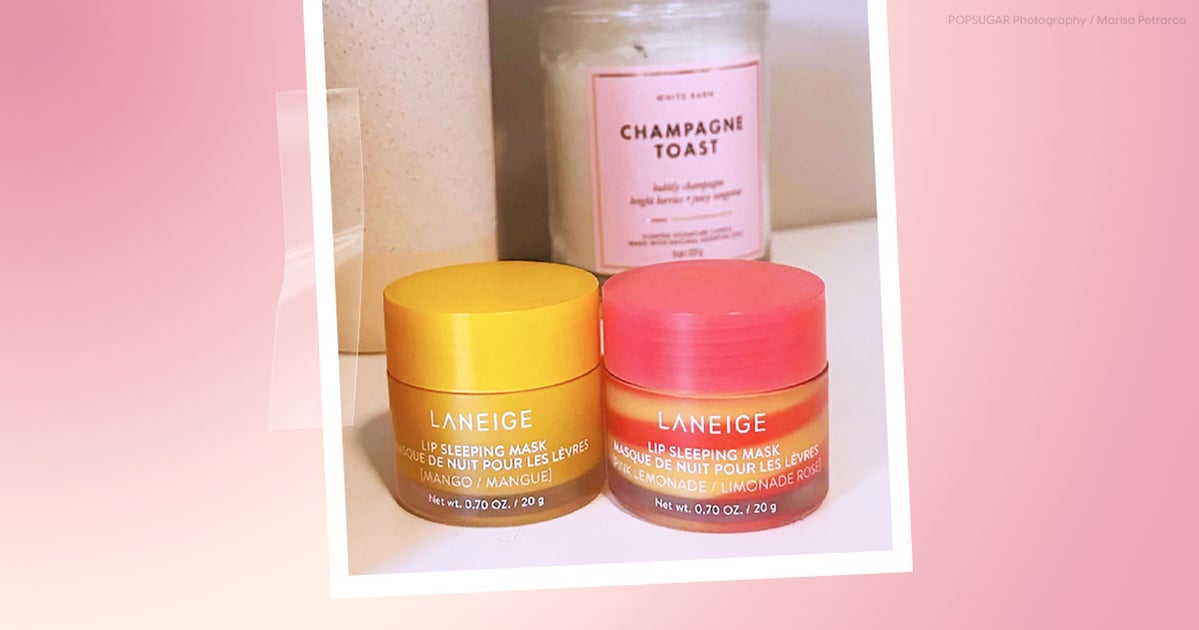Ever since I was a little kid my mom would feed us spoonfuls of honey to boost our immune systems, and we’d use honey in homemade face masks to add a bit of glow to our skin. As I’ve gotten older (and a bit lazier), I’ve transitioned from DIY skin care to products featuring some of my favorite homeopathic and Ayurvedic ingredients, including honey. Recently, I’ve noticed that Manuka honey has gained traction in the skin-care world, particularly among New Zealand-founded brands – much like how Kora Organics noni oil comes from Australia and Tatcha rice water hails from Japan.
You might recognize Manuka as the pricier honey option at health stores, but its cost is justified by its numerous benefits, both when ingested and applied topically. Produced by honey bees that pollinate the Manuka tree, which is native to New Zealand, this honey has unique properties that are highly beneficial to the skin. Below, we ask two experts to explain the advantages of Manuka honey, what distinguishes it from regular honey, and what to look for when shopping for new products.
Experts Featured in This Article
Rachel Nazarian, MD, FAAD, is a board-certified dermatologist at Schweiger Dermatology Group.
Ginger King is a cosmetic chemist.
Manuka Honey Benefits For the Skin
The benefits of manuka honey on the face range broadly. According to board-certified dermatologist Rachel Nazarian, MD, FAAD, Manuka honey has been scientifically recognized as a natural antimicrobial ingredient and an effective source of accelerated wound healing. “Because it contains proteins and vitamins, combined with its natural emollient and humectant properties, it has been used topically in skin care to calm inflammatory skin conditions like seborrheic dermatitis, psoriasis, and has traditionally been used to repair skin wounds and fissures,” she tells PS. More recently, it has gained traction as a topical treatment for acne because of its antimicrobial capabilities.
The Difference Between Manuka Honey and Regular Honey
Per cosmetic chemist Ginger King, Manuka honey “contains higher levels of MGO, a compound good for anti-bacterial [benefits].” It’s also considered a safe and gentle ingredient that works well with most skin types and can be easily incorporated into a daily skin-care routine. Dr. Nazarian explains that Manuka honey has the ability to improve wounds, burns, sores, and other variations of skin damage that typically take prolonged times to heal. As she says, “I’ve seen deep ulcers and wounds that often take months to heal rapidly respond to topical Manuka. Its ability to target bacteria, including Staphylococcus, is also useful in keeping the wounds clean and decreasing the risk of infection.” For less life-threatening, cosmetic use, Manuka honey is also a useful ingredient for anyone struggling to heal acne lesions.
What Makes New Zealand Manuka Honey Special?
A fun trivia fact for your next game night: true Manuka honey can only be produced in New Zealand. “New Zealand Manuka honey differs from regular honey due to the presence of a compound called methylglyoxal and phenol, which makes it more potent both in its anti-microbial abilities and its antioxidant activity, and it has been shown to create hydrogen peroxide, which aids in killing pathogens,” Dr. Nazarian says. She adds that this honey is thought to be more beneficial due to its low pH and higher osmolarity, which makes it more efficient at preventing the growth of pathogens, such as bacteria. From a derm perspective, it’s more likely to be effective and less likely to lose efficacy over time because this particular honey is also more stable when exposed to heat and light.
New Zealanders also grade their Manuka honey by purity and quality on a UMF (Unique Manuka Factor) scale, explains King. The UMF measures the purity, potency, and therapeutic factor of the honey, including the concentration of MGO (methylglyoxal) in mg/kg for its antibacterial properties. As you’d expect, a higher UMF rating equals a higher quality of Manuka honey, meaning greater levels of beneficial compounds. This grading system ensures that consumers can trust the efficacy and authenticity of any Manuka honey that they purchase.
How Much Manuka Honey Should A Product Have For It To Be Effective?
When it comes to cosmetic formulations, King says, “To see the best results, the level should be at least 10 percent.” However, Dr. Nazarian notes that the percentage of Manuka honey doesn’t necessarily correlate with quality. “Ultimately, more studies are needed to determine exactly how it can be used to help with acne, as right now it’s not a fully science-backed monotherapy,” she explains.
The Best Manuka Honey Skin Products
Manuka honey alone boasts anti-inflammatory and antibacterial properties that are beneficial for acne-prone skin and wound healing. You can even apply Manuka honey directly to the face and skip store-bought skin-care products altogether. However, it’s important to conduct a small patch test first to avoid potential allergic reactions. “After all, it’s from honey bees, and people can be allergic to it,” says King.
For enhanced results, look for Manuka-based products that incorporate additional skin-care ingredients like niacinamide and hyaluronic acid, which can offer calming and moisturizing benefits, according to King. Ingredients such as propolis (a resin-like substance also derived from bees) are also beneficial, says Dr. Nazarian, as they provide natural anti-inflammatory and antimicrobial properties that protect the skin throughout the year.
Two popular skin-care products with the magical ingredient that we recommend are the Naturopathica Manuka Honey Cleansing Balm ($68) and the Manuka Health Eternal Renewal Regenerating Face Serum with Royal Jelly & Bee Venom ($126).
Iman Balagam is a freelance journalist and brand consultant who specializes in beauty, fashion, and lifestyle content. The Texas native’s work has appeared in a variety of publications, including Vogue, Allure, and Elle.




